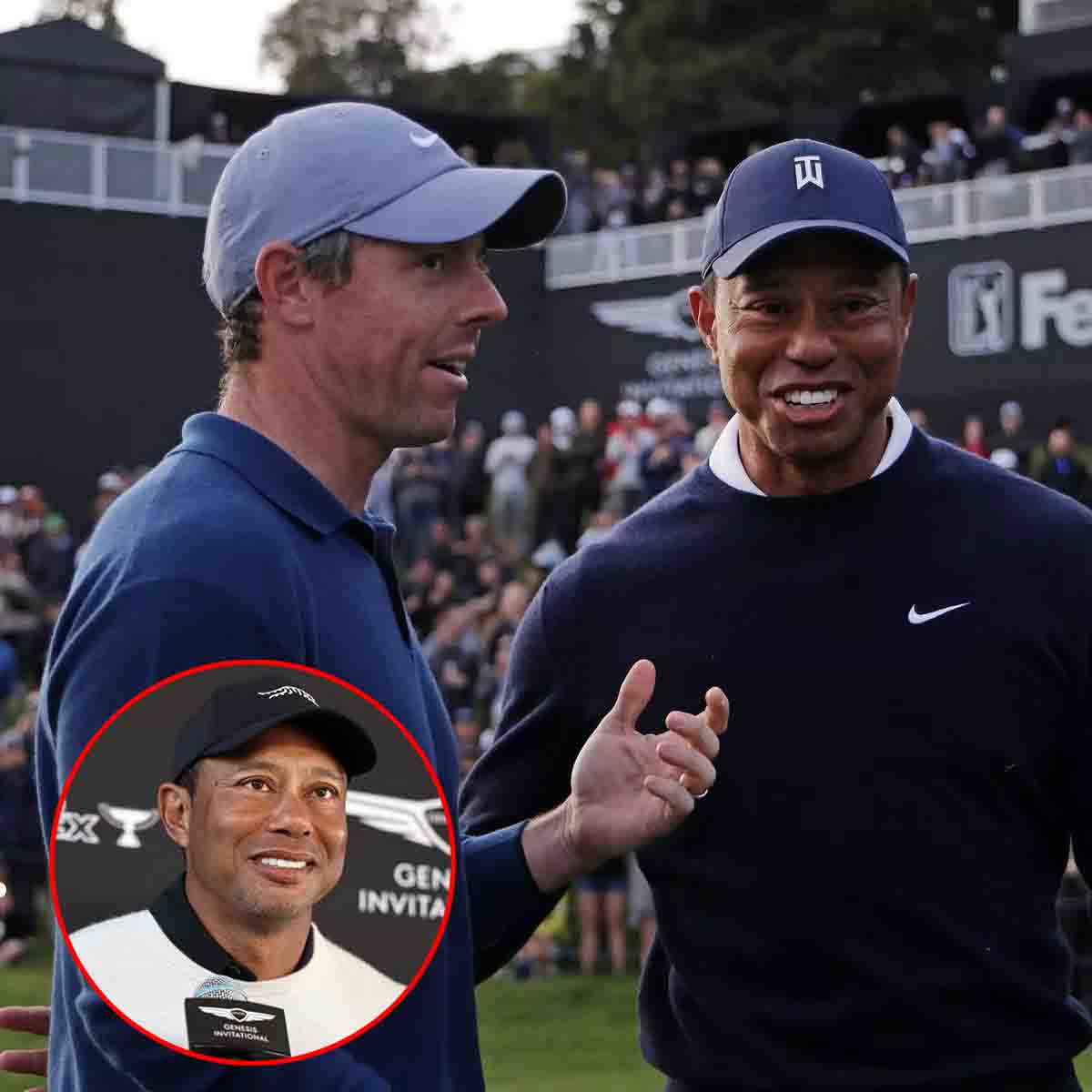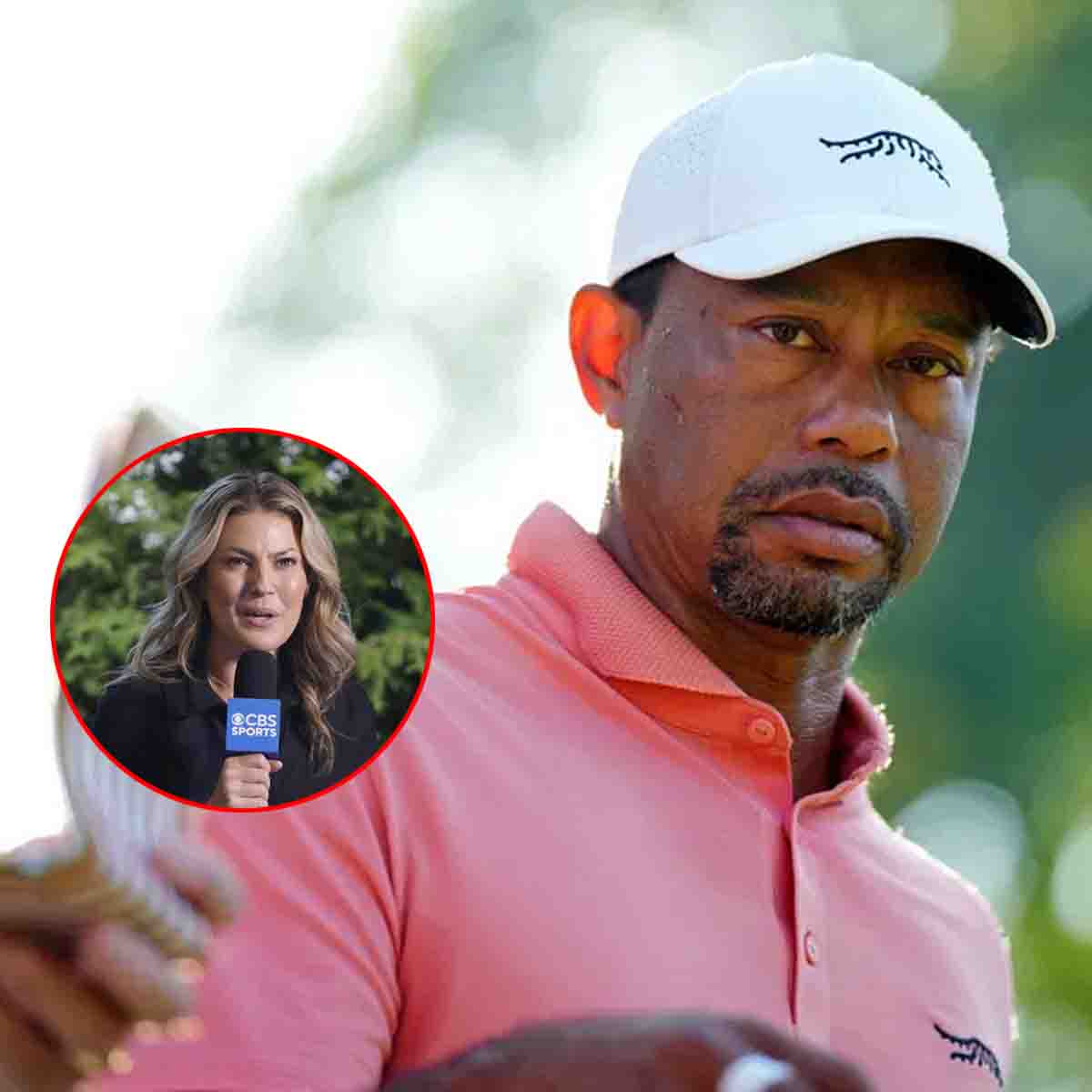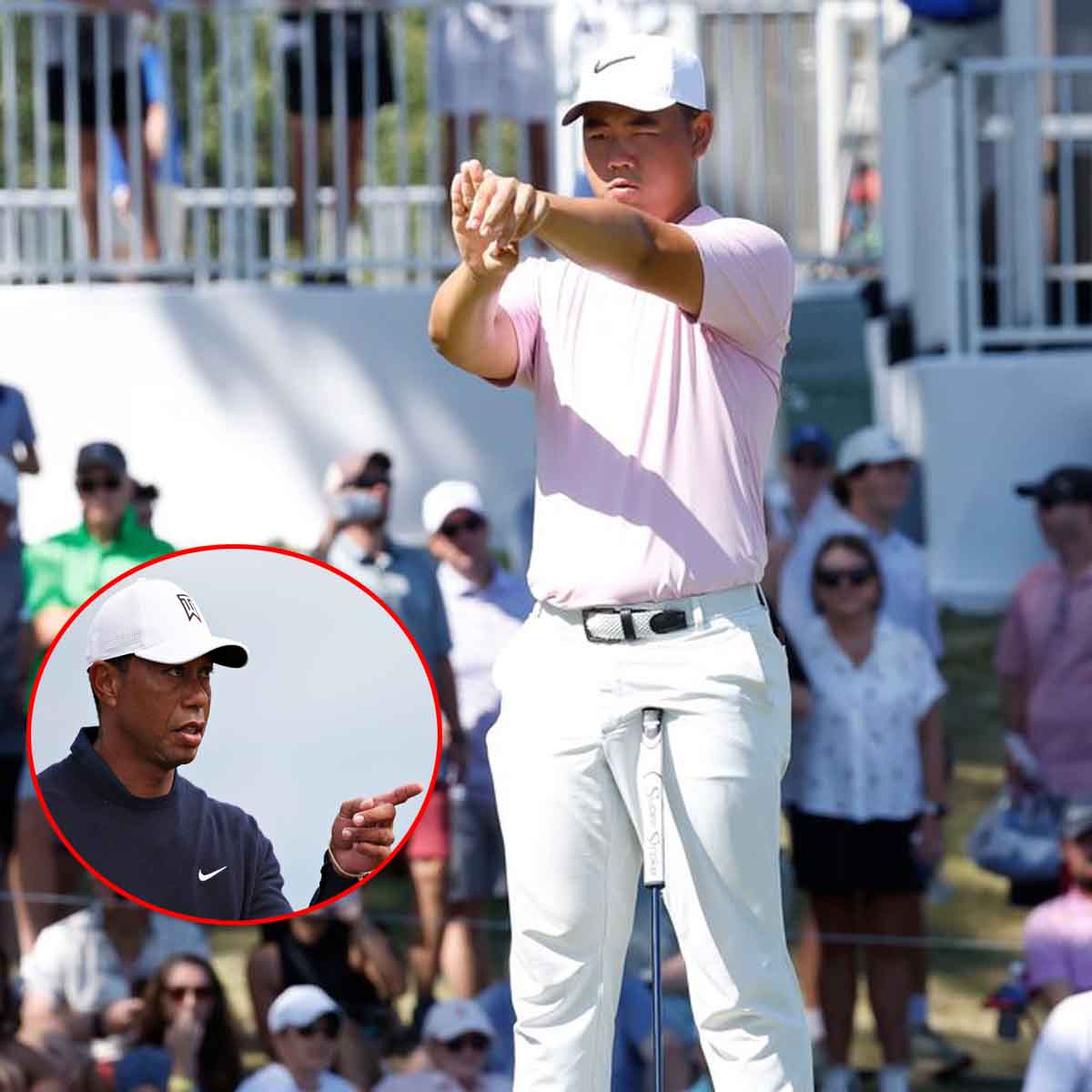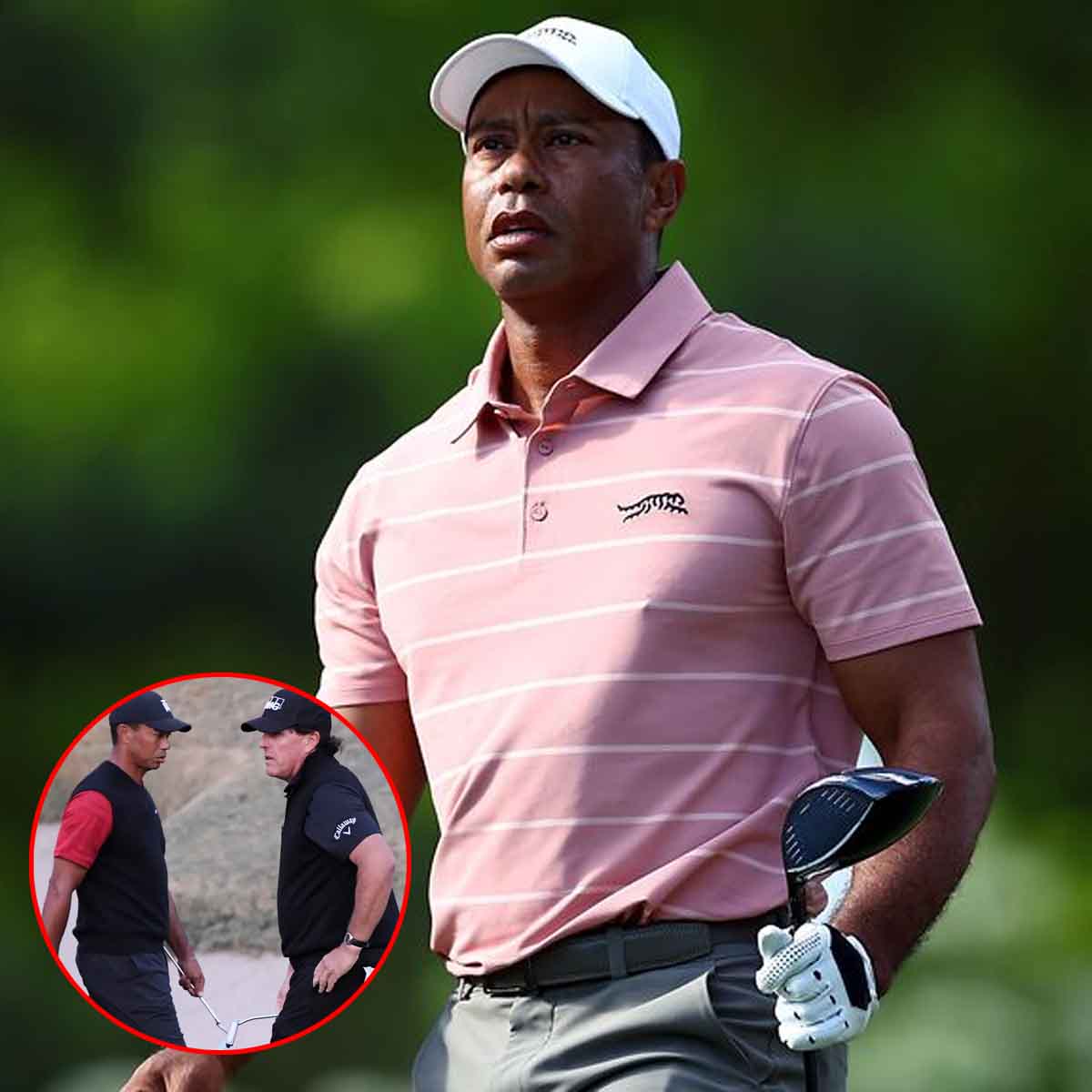Let’s slow the roll on Charlie Woods; golf’s history has not been overly kind to the sons of greats

Charlie hits it a mile and employs an athletic and fundamentally sound swing, as well as many of his father’s on-course mannerisms.
But if you know golf and know its history, well, let’s just say Charlie will most likely win as many major championships as your ol’ man.
Maybe that’s a bit harsh. It’s not like second-generation golfers haven’t succeeded at the highest levels. Come on, it was just 130-some years ago that Willie Park Jr. won his second British Open and ran the combined total for father and son to six.
That was just 15 years after another second-generation champ, Young Tom Morris, won his fourth.
So, yes, we’re saying there’s a chance.
:max_bytes(150000):strip_icc():focal(794x309:796x311)/charlie-woods-tiger-woods-pnc-championships-121922-1-40f88b49d1824e8f809a06bb62438c9a.jpg)
Charlie Woods has drawn plenty of praise for his golf game over the past few years, most recently at the annual silly season tournament, the PNC Championship in Orlando, where he and his dad tied for fifth in a field of 20 teams.
This came a month after Charlie’s high school team won the Class 1A state championship. Charlie tied for 19th individually with rounds of 78-76.
At 14, he’s a quality high school golfer. But at this stage there’s no way to know if that’ll eventually translate to a professional career in golf or, say, professional life as a lawyer or banker with a single-digit handicap and occasional use of the “Reserved for Club Champion” parking spot down at the club.
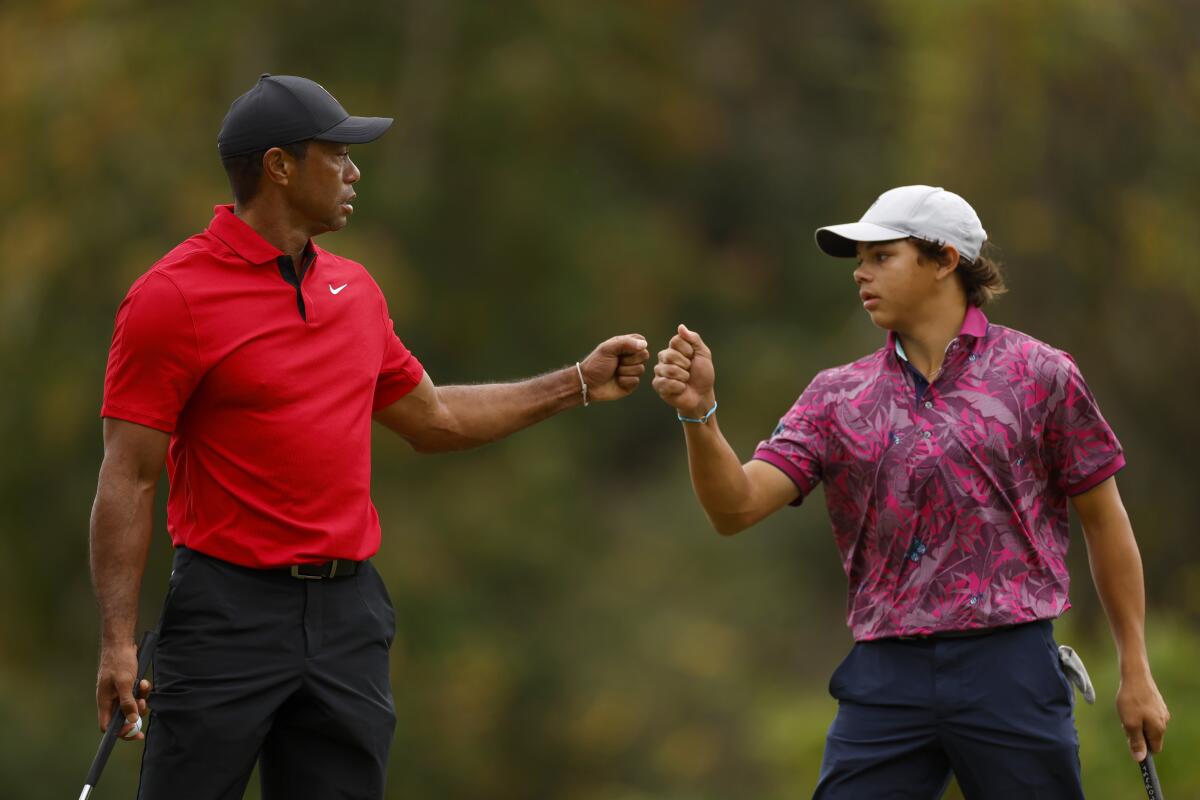
Jack Nicklaus is the standard by which Tiger Woods has long been measured. Of Jack’s four sons and one daughter, Gary was the best golfer. When he was just 16 and playing for the same school Charlie Woods now attends, Sports Illustrated put him on the cover with the headline, “The Next Nicklaus.”
Not quite. Gary did reach the PGA Tour and stayed a few years, which is no small feat, but the closest he came to becoming the “Next Nicklaus” was a playoff loss to Phil Mickelson at the 2000 BellSouth Classic.
Just ten father-son combos have won PGA Tour tournaments: Julius and Guy Boros, Al and Brent Geiberger, Craig and Kevin Stadler, Bob and Kevin Tway, Joe Kirkwood Sr. and Jr., Jack Burke Sr. and Jr., Clayton and Vance Heafner, Jay and Bill Haas, Old Tom Morris and Young Tom Morris and Willie Park and Willie Park, Jr.
The number of second-generation tournament winners seems a bit low when you consider how many second- and even third-generation stars you see in other sports. One reason seems rather obvious. In team sports, where you get a Ken Griffey Jr. or a Christian McCaffrey, the son of a former pro, especially a former star, is likely to get more consideration and more reps at an early age, and therefore more opportunities to succeed.
Yes, genetics also help.
But in golf and the other individual sports, results tell the story. It doesn’t matter how much cachet your name carries. Sure, the name will help a fledgling pro get a sponsor invite into a tournament field here and there, and one of those opportunities might trigger a breakthrough. But most likely, if the professional quality is there, you’re not leaning on sponsor invites very long.

Charlie Woods is obviously set up to go as far as his talent and desire allow — the best equipment, access to the best practice facilities and courses, and a pretty fair instructor across the dinner table.
That instructor defied a lot of odds along the way and did many things never considered likely, and some things never thought possible. Odds and history, however, also pack a formidable punch.


